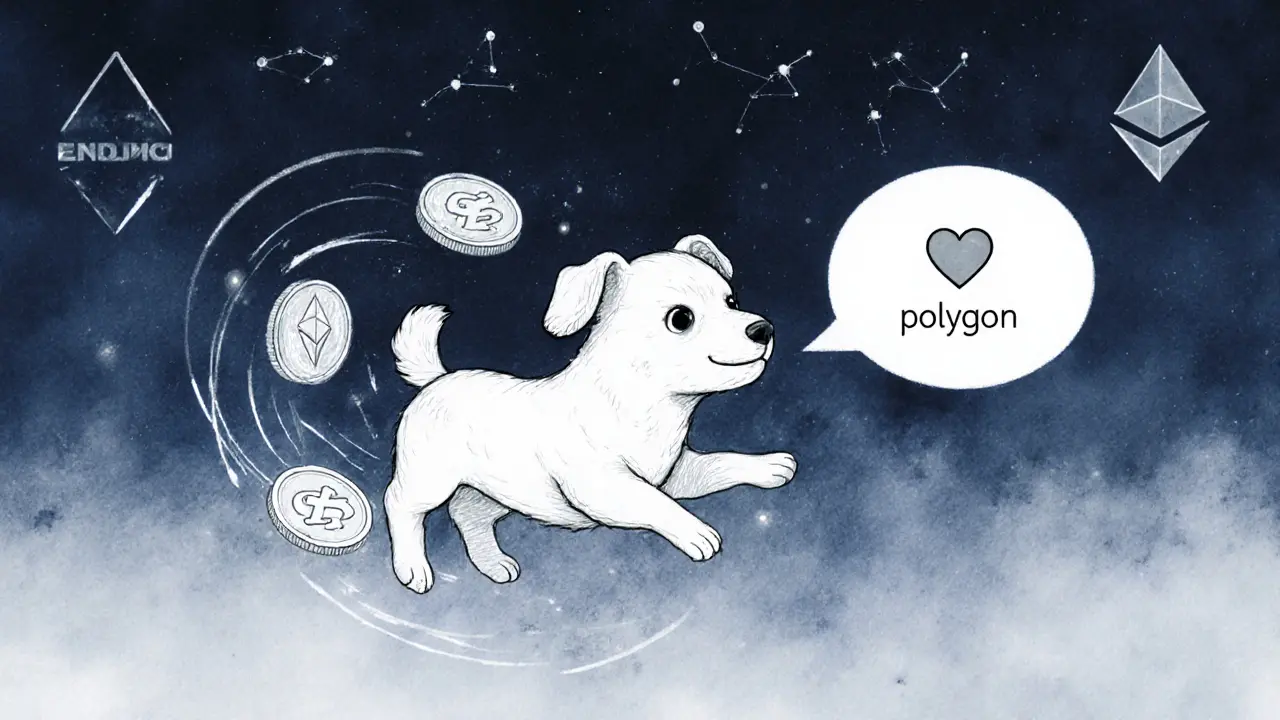ELON coin: What It Is, Why It Matters, and What You Need to Know
When people talk about ELON coin, a speculative token tied to internet memes and celebrity hype rather than real technology or utility. Also known as Elon Musk coin, it has no official blockchain, no team, and no roadmap. It’s not listed on major exchanges. It doesn’t have whitepapers. It exists because someone typed "ELON" into a coin generator and sold it to people who thought it was connected to Elon Musk. That’s it.
This isn’t unique. meme coins, crypto tokens built on humor, social media trends, or celebrity names rather than technical innovation like Dogecoin, Shiba Inu, or even Zeus (ZEUS) have flooded the market. They’re not investments—they’re social experiments with price charts. Some rise fast because a Reddit thread blows up. Others crash when the joke runs out. crypto speculation, the practice of buying assets based on hype, FOMO, or viral trends instead of fundamentals thrives on these coins. People aren’t buying ELON coin to use it. They’re buying it because they think someone else will pay more for it tomorrow.
Look at the posts here. You’ll see coins like Ishi (ISHI), PunkCity (PUNK), and Blue Norva (BLU)—all low-cap tokens with no real product, no liquidity, and users losing money. They’re not different from ELON coin. They’re the same game. The only thing that changes is the name. Some are built on Ethereum. Others are on obscure chains. Some have fake Telegram groups claiming to be "official." None of them deliver on promises. The pattern is clear: someone creates a token, markets it with memes, pumps the price, then disappears. The people who bought in early cash out. The rest are left holding something worth nothing.
Why does this keep happening? Because the internet rewards attention, not accuracy. A tweet from Elon Musk about Dogecoin sent it up 300% in a day. A TikTok trend made a coin called "Zeus" spike overnight. People see a chart going up and assume it’s a signal—not a trap. But if you dig deeper, you’ll find no code updates, no team members, no audits. Just a website with a logo and a Discord channel full of bots.
If you’re looking at ELON coin right now, ask yourself: are you investing, or are you gambling? There’s a difference. Real crypto projects solve problems. Meme coins just ride trends. And when the trend ends, the value evaporates. You won’t find ELON coin on CoinMarketCap or CoinGecko. You won’t find it on Binance or Kraken. It lives in obscure decentralized exchanges, often with zero trading volume. If you buy it, you’re buying a digital post-it note with a celebrity’s name on it.
What you’ll find in the posts below are real examples of how this works—what happens when a token has no utility, no team, and no future. You’ll see how airdrops like FEAR and StarSharks were used to lure people in. You’ll learn how underground trading survives under bans, how scams disguise themselves as opportunities, and how even big names like ChainGPT or Kava Swap have real limitations. ELON coin isn’t the exception. It’s the rule. And understanding that rule is the first step to not getting burned.
Dogelon Mars (ELON) Airdrop Details: What You Need to Know in 2025
Dogelon Mars (ELON) has no official CoinMarketCap airdrop. Learn the truth about its community-driven token giveaways, how to safely buy ELON, and why this meme coin still matters in 2025.
VIEW MORE
